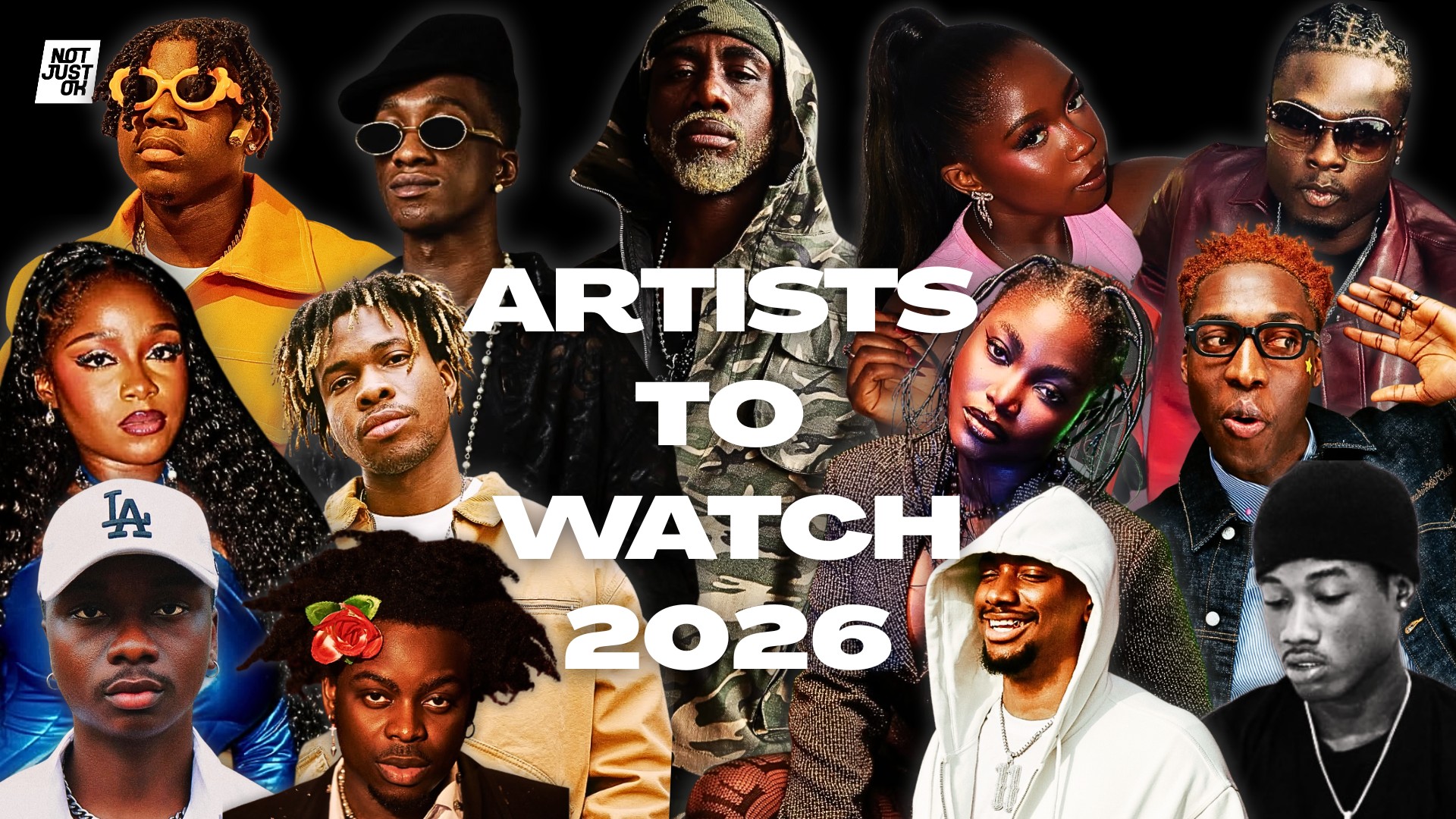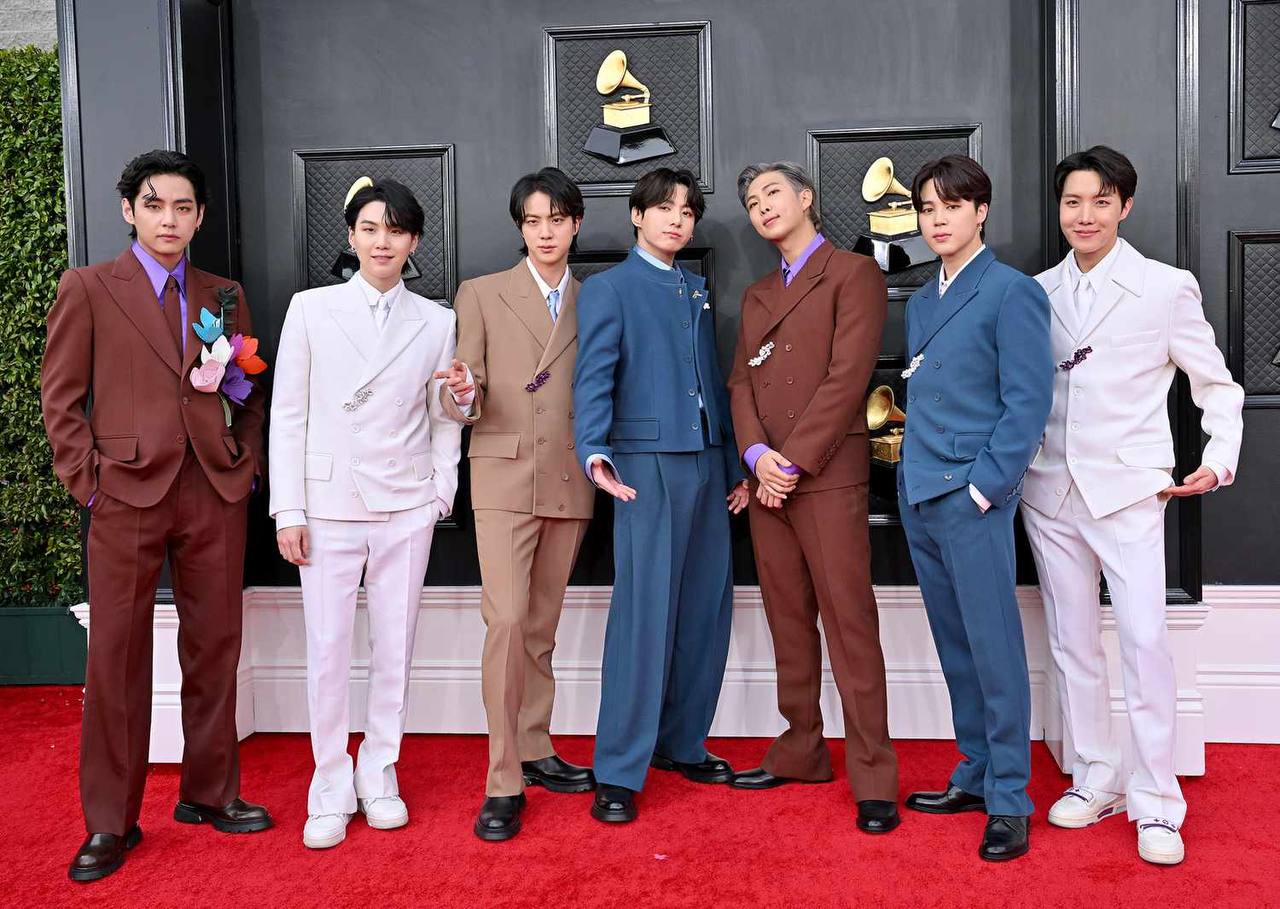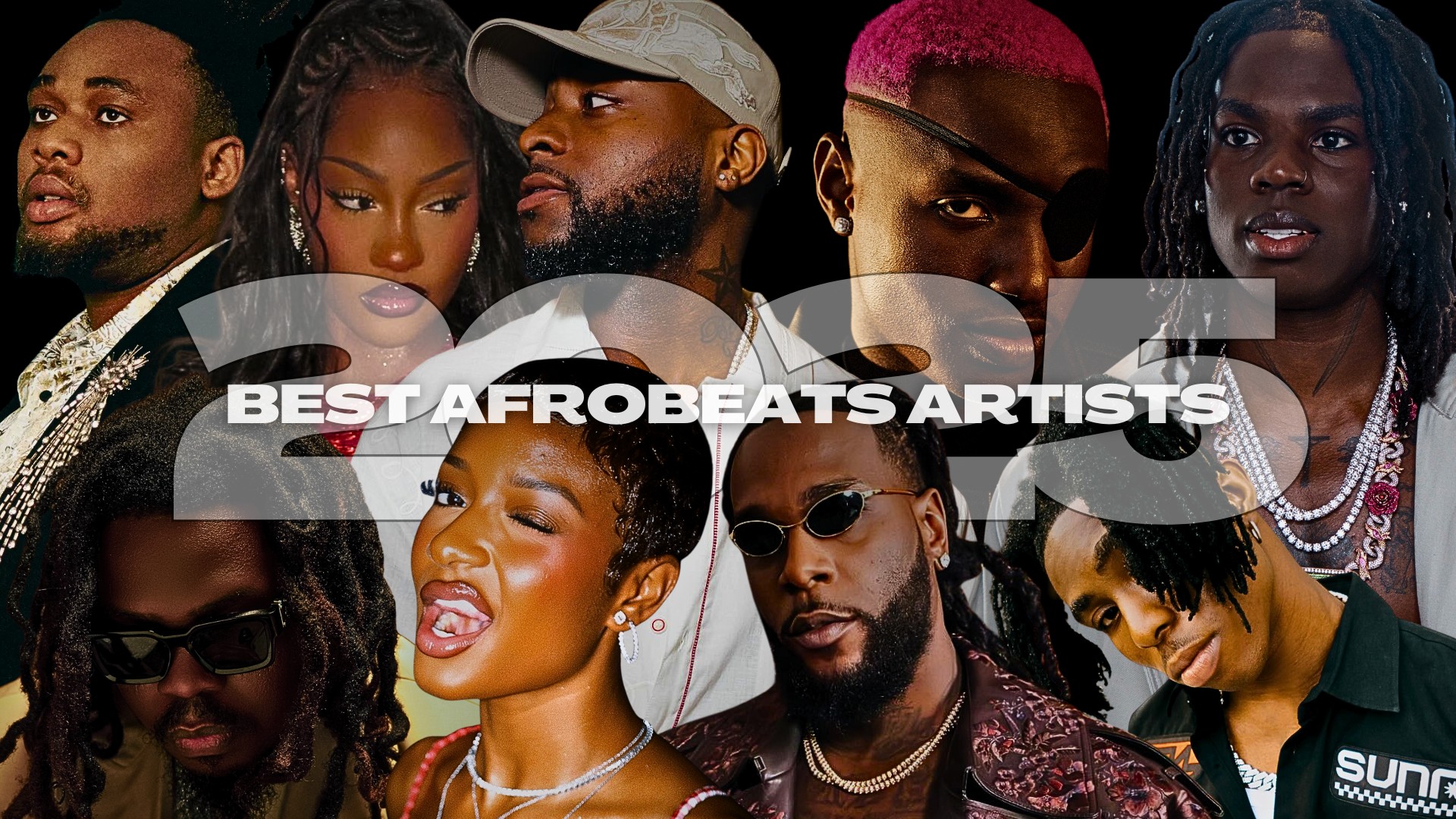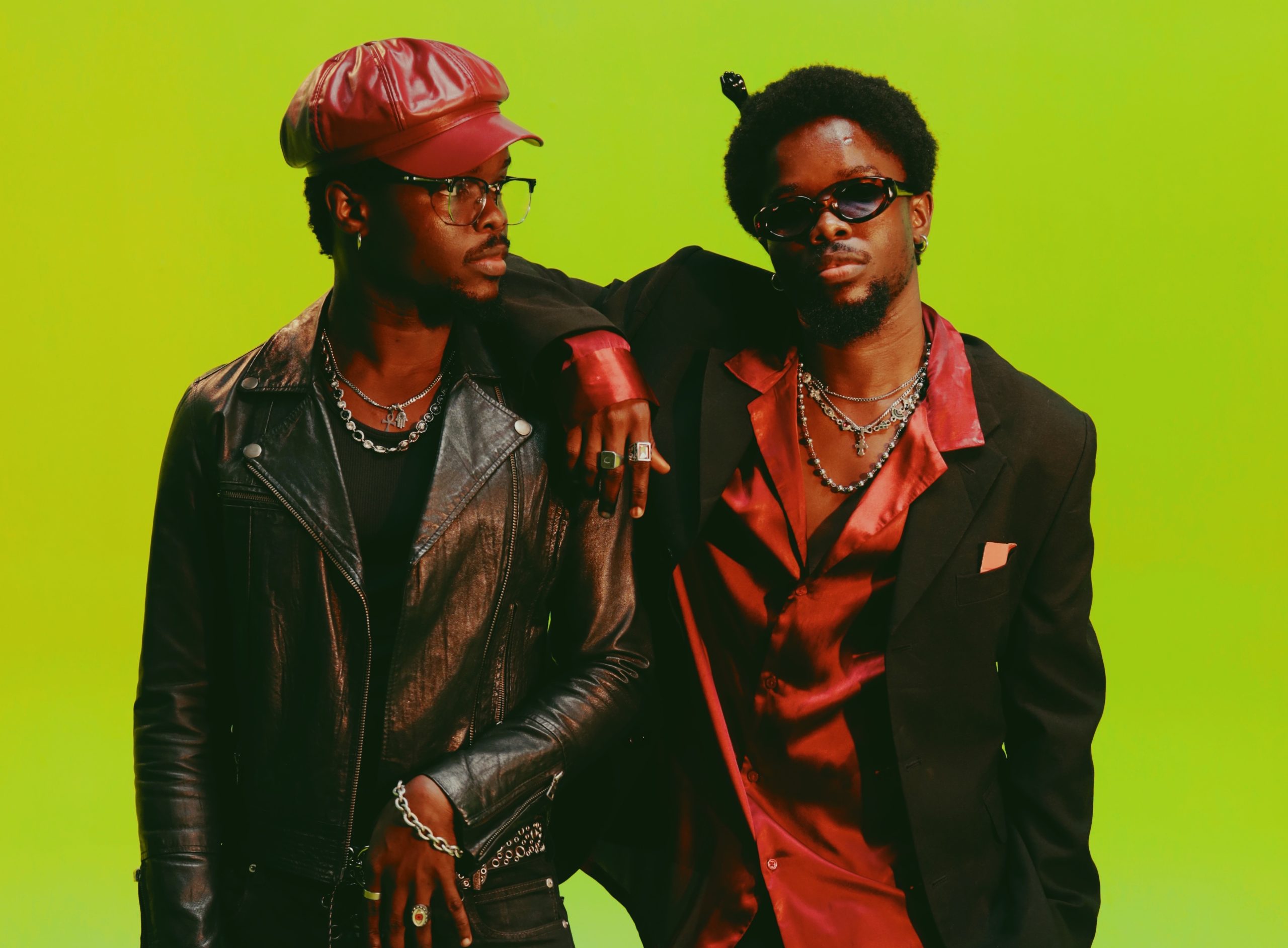Kizz Daniel Talks Coronavirus, His Creative Process & Forthcoming Album 'King of Love'
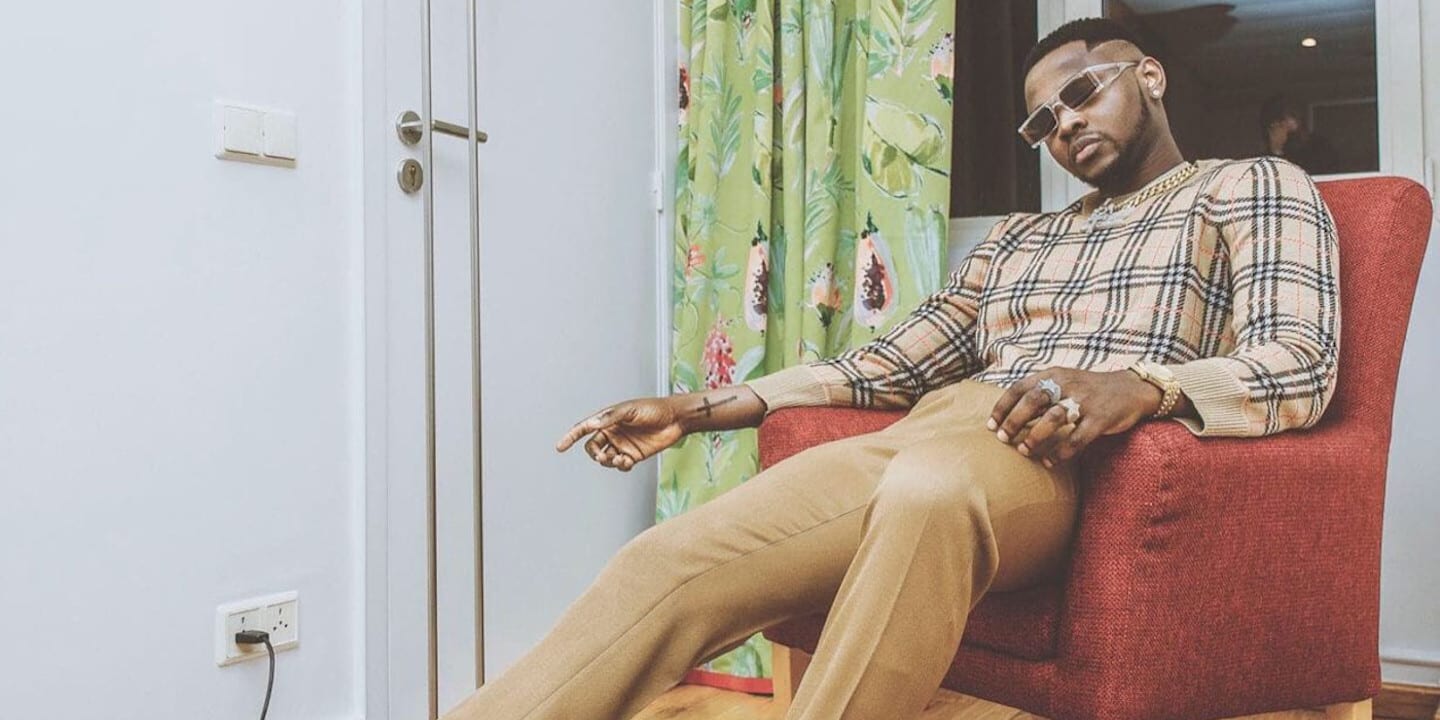
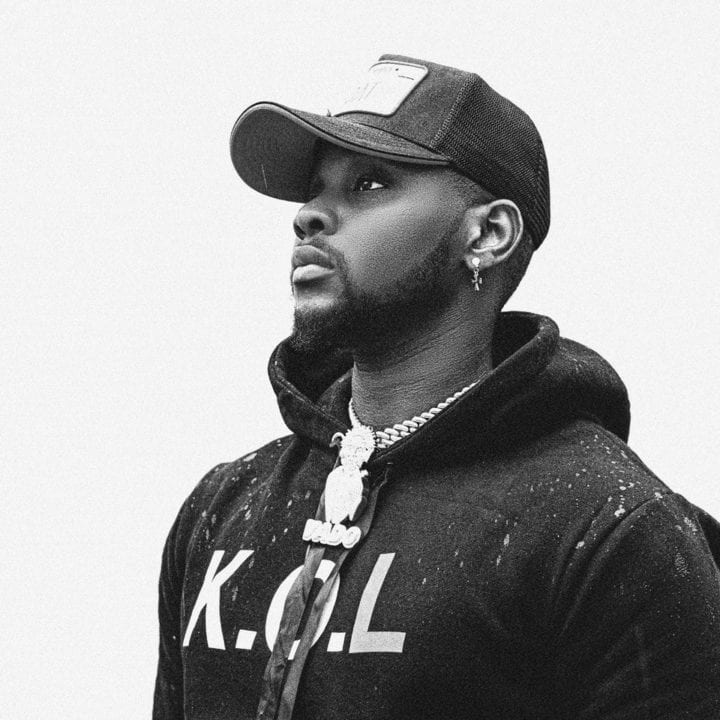
Kizz Daniel
An Overview: Kizz Daniel's King Of Love Album
Prior to a Lagos move the early 2010s, Kizz Daniel lived in Abeokuta –a place many would describe as “sleepy”– all his life. He would sing of Lagos, but minutes into our conversation, it is Abeokuta he pines for, calling his schools by name, recalling that “[myself] and my brother would literally walk through our secondary school compound to get to our primary school back in the day."
As the COVID-19 pandemic forces the world – including Nigeria – to quieten, I was asked to get some thoughts off Kizz Daniel. Since that move across the Nigerian South Western cities, Kizz Daniel has become a top entertainer, a knowledge one’s an internet click away from. But at this moment, he’s like everybody else: indoors. The artist had to postpone his African tour of countries like Gambia, South Africa, Sierra Leone, etc.
It wasn't always like this –sold-out shows across the world. The artist’s first attempt at cracking the mainstream, “Shoye,” tanked. He tried again with “Woju,” a warm Afro-Pop number that became a smash hit. You heard it just about everywhere. And a remix with Tiwa Savage and Davido made sure the second coming of Kizz Daniel was attended with gratification. More songs would come, Kizz Daniel’s sound marked by percussion-heavy Afro-pop which swore by the romantic. With an aesthetic built on his early 20s boyish aura, you had a Pop sensation who was set to continue in the tradition of artists like Wizkid and Davido, who’d cashed in on their musical talent and physical appeal, a key item of their branding.
Kizz Daniel’s debut album, New Era – released 24 months after “Shoye” – solidified his place in the popular Nigerian music. New Era was well-received and got Kizz Daniel the Headies award for Album of the Year. This feat is even more glorious; he did so with just one feature: then label mate Sugarboy. It seemed, as displayed across the album, that Kizz Daniel had found an ingenious way to twist the Afro Pop fiber which relied on simple tales and visceral beats. As long as Kizz Daniel retained the New Era sound and said branding, he represented a subculture of young love in Nigerian Pop, love in all its charming and naïve.
By late 2017, Kizz Daniel had seen much of the world. He wasn’t just a dimple–faced prodigy with a great debut. He was growing, as an artist and a business–inclined creative who sought to better impose himself on his music and whatever came of it, financially or otherwise. And he'd go to war with G Worldwide – his first record label – to get that.
In the Nigerian music industry, this fallout between artists and their labels isn’t uncommon. Artists like Runtown and YCEE have, in the past, been legally implicated, and this prompted problematic departures from their record labels. While reasons for this vary, the commonest of all, is the artist feeling cheated; whether they actually were is another discussion, a nuanced one. First contracts – especially when dealing with young artists – are tricky field, and any label executive or artist will tell that truth.
So there was trouble. Kizz Daniel announced he’d left G Worldwide in November 2017. He floated a new imprint, Flyboy Inc., had a name change (Before now, the prefix to his name had been ‘Kiss’); these followed with a well-publicized legal fight with his former affiliates. The whole thing was a controversial affair, one that threatened to drown the soothing rasp of Vado. Even though he released music, the evolving back story was a deterrent to how well these songs were released, and in most cases, how well they were received.
After months of legal gymnastics, a compromise was reached, and Kizz Daniel could focus on the music. The artist’s sophomore No Bad Songz was released. This album evolved past Afro-Pop and thematically, the cool boyfriend vibe he exuded stretched into something grittier. That change was marked in the treatment of his women characters, how the romantic ooos gave way to sexually explicit ahhs. “A real bad guy won’t call himself one,” he said when I asked if the bad guy persona he depicts is intentional. “It’s still the same person, just more growth in the music.”
Never has growth been discouraged, and it often proves itself an enjoyable process. So it was in the case of Kizz Daniel, who saw his popularity rise with the growing ambition in his artistry. NBS, across its 20 tracks, featured the likes of Nigerian Afro-pop superstar Davido, Ghanaian rapper Sarkodie, Diamond Platnumz (Tanzania), and United Kingdom's Wretch 32, a veteran of grime music. Kizz Daniel’s versatility, solidified through his collaborations, was the positioning he needed to reap from afrobeats' growing marketability in Western markets.
It wasn’t just crossover for African acts. Prominent names in the international space came to Africa with their hearts and bags. Major Lazer, a 3-man production and DJ group, was one of such. On their aptly-titled Africa is the Future, they fashion a futuristic sound, combining the vastness of what is called afrobeats with minimal splashes of their trademark Electronic Dance Music (EDM). To execute their pan African vision, they called on foremost black artists. On “Loyal,” Major Lazer matched Kizz Daniel’s signature bravado with Jamaican act Kranium, whose Caribbean influence on the record couldn’t be missed. “Diplo reached out to me about a collaboration, and I sent a record,” Kizz Daniel said, recounting how “Loyal” was made. “I am a fan of their (Major Lazer's) work so it wasn’t a difficult decision for me to make. I really love that record.”
In conversation with Samba Visualz, Kizz Daniel – born Oluwatobiloba Daniel Anidugbe – said he didn’t outwardly express musical talent while growing up. There was no improvising a comb for a microphone. Indications point to the fact he was a quiet kid, and in the peace of his room, he would hone his talent listening to the records kept by his father, a musician himself.
His father's palette influenced young Daniel, who’d steal into his tapes, racked with records from artists like Reggae icons Lucky Dube and Bob Marley; Country legend Dolly Parton. At nine, he knew he could sing. At eleven, he’d begun writing songs. EMOTALS, a band, was formed with two friends and they made “a couple of great songs.” Abeokuta, per Daniel, was “a small city that had everything you needed,” and its serenity was a great backdrop to his life, led by the dual pursuit of music and education. His father’s caveat for his musical aspirations was an advancement in the latter, and Kizz Daniel followed that path, bagging a university degree; his father a supportive character, and even paid for his son’s first major studio session in Lagos.
Years in the scene, building a credible portfolio as a unique songwriter and hitmaker, there’s no doubt Kizz Daniel has put in his ten thousand hours. I asked him about his creative process.
“It depends on the song. I have to feel it before I can sing it. Most times I listen to the beat over and over again, I go into the studio and I just sing my heart out, just like that. It’s a wave, you gotta always be ready to catch it when it comes. I record myself and basically do most of the music making process myself so its mostly just myself in the studio, locked up with my green tea, lime water, and sometimes a little drink in a glass.”
#KOL2020❤️ / June 25th pic.twitter.com/fDF8tVX46h
— #KOL❤️JUNE 25TH (@iamkissdaniel) June 3, 2020
In late 2019, Kizz Daniel put together his first headline concert, a “Detty December” delight. On the night, the star of the show was decked in immaculate white, a three-piece suit complete with a hat; perfect with purple embroidering, he cut the figure of royalty as he glided across the Lagos stage. Artists like Davido, Rema, and Mayorkun, amidst a host of others, performed. Another such artist was Adekunle Gold, who tapped Vado as a feature on his song, “Jore”, a sweet love record. While they performed together, the thousands present couldn't have known Kizz Daniel had a more complete purpose for the theme.
Across genres and eras, artists have wrung out love for what it is: glorious complexity of a feeling and a commercial darling. Kizz Daniel's forthcoming album, to be released sometime this year, is titled King of Love. “It’s all shades of love, the world needs love,” he said, explaining the concept behind what will be his third album. “That’s the most genuine way to ensure world peace; every song on the album expresses a particular type of love. The focus is to spread love across the world, spread the music across the people."
He’s excited about the project, recognizing that “African music is in a good place right now,” before adding with obvious pride that “we own the real music rhythm and the world can clearly see that.” He should know. There are few albums as anticipated as King of Love and Kizz Daniel relishes its prospect, especially after the critically acclaimed No Bad Songz.
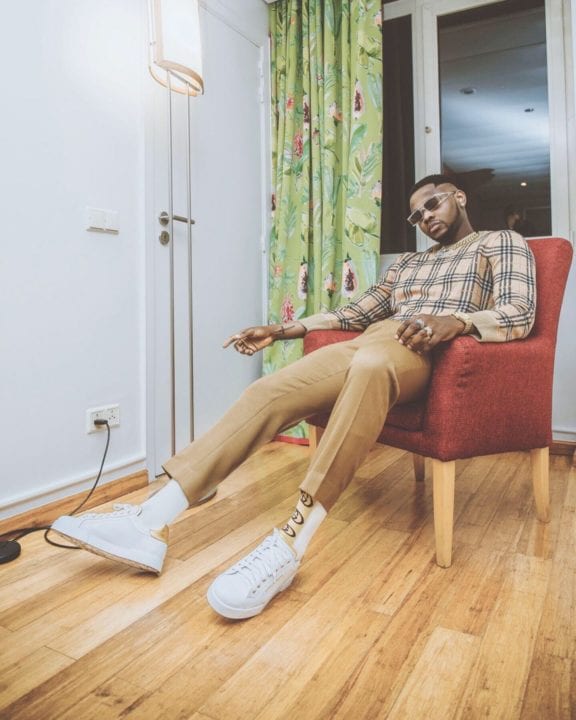
Kizz Daniel
You’re in the studio for five nights with five artists – dead or alive. Who are you with?
“Plantation Boys, SIA, Joe Cole, Fela, and BTS.”
How has the pandemic affected things in your camp?
“My music? That’s really not important here; [the pandemic] is affecting the world. My music and moves are only a miniature part of it, but I pray God heals our world and things get even better."
After the “newness,” Kizz Daniel wants to make his lemonade from life’s lemons. “2020 is going to be an amazing year, I believe everything happening is only for things to get better. There will be a lot of changes in every field and aspect of life, people’s values will change,” he said, adding that “Flyboy Inc. as a company is “open to every exploitable opportunity out there.”

